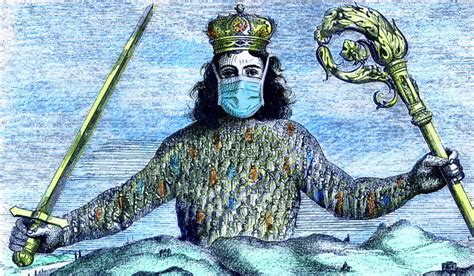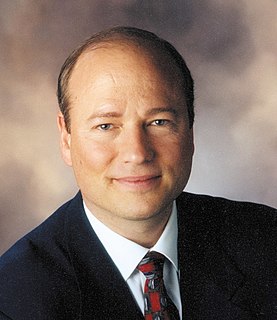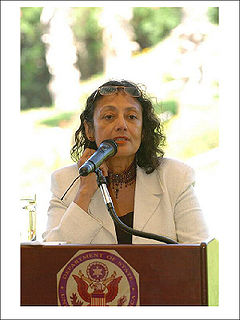A Quote by Brad Blanton
The best people in a dying culture are the outcasts considered crazy by the leaders; the ones most disillusioned with their own culture. In Yeats' phrase, "the best lack all conviction, while the worst are full of passionate intensity." Intense emotional attachment to any value, any virtue, any set of "shoulds" is a disease, a mental illness, a condition of self-murder and cultural assassination.
Related Quotes
Turning and turning in the widening gyre The falcon cannot hear the falconer; Things fall apart; the centre cannot hold; Mere anarchy is loosed upon the world, The blood-dimmed tide is loosed, and everywhere The ceremony of innocence is drowned; The best lack all conviction, while the worst Are full of passionate intensity.
The best leaders are those their people hardly know exist.
The next best is a leader who is loved and praised.
Next comes the one who is feared.
The worst one is the leader that is despised ...
The best leaders value their words, and use them sparingly.
When they have accomplished their task,
the people say, "Amazing!
We did it, all by ourselves!
Would it be better if religions were to disappear? I have no idea. Since I do not have any confidence in the association of truth with virtue, I am not sure if the world would be a better place if people believed more true things. But what is undeniable is that we cannot understand our own culture unless we recognise that it was formed, for good or bad, as a Christian culture. It's an illusion that we could somehow recover a human essence which is independent of the way it was created by culture.
You frequently hear the phrase "culture eats strategy for lunch!" This is something that they don't teach you in school and few leaders appreciate. Cultural influences come at you from two different directions. There is the organizational culture that you must understand if you are to impact significant strategic initiatives. If the "people" are on board, you can achieve anything. Vice versa if they are not - you will not achieve anything.
Fight for the value of your person. Fight for the virtue of your pride. Fight for the essence of that which is man: for his sovereign rational mind. Fight with the radiant certainty and the absolute rectitude of knowing that yours is the Morality of Life and that yours is the battle for any achievement, any value, any grandeur, any goodness, any joy that has ever existed on this earth

































